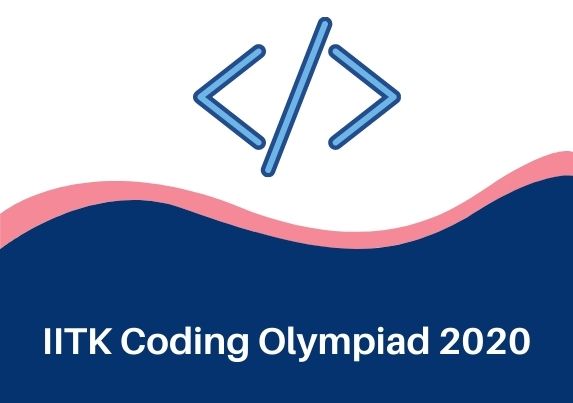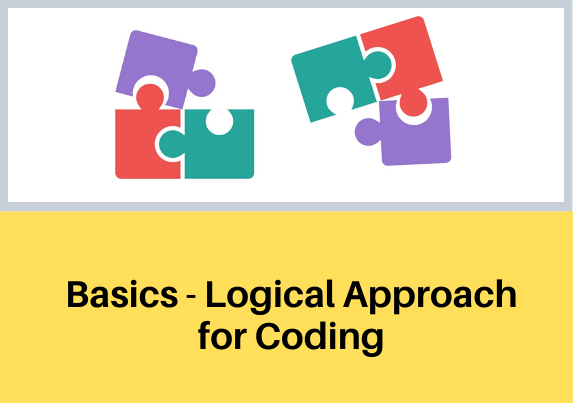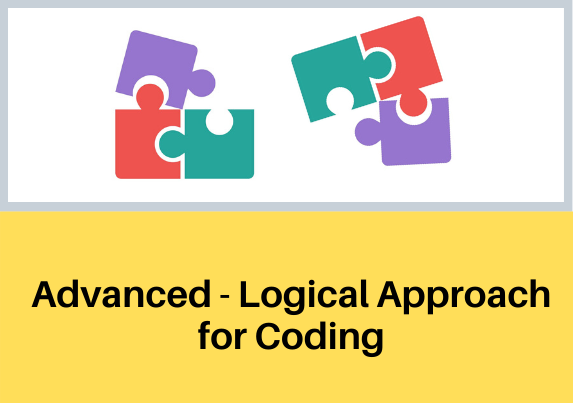About the course
In this course, you will learn about the components of a computer which includes Memory, processor, input and output devices along with storage and operating system. You will also understand the concept of assembler, compiler, interpreter, loader, and linker. Then you will be introduced to algorithms and flowcharts which includes representation of an algorithm, flowchart, along with the concept of pseudo code and its examples, converting algorithms to programs and writing source code.
After that, you will learn about the basics of programming which includes the structure of a C program, how to write and execute a C program. In addition to this, you will learn about the various types of errors such as logical errors and syntax errors. You will also learn about the components of the C language, variables, data types, memory locations, and storage classes. Then you will learn about arithmetic operators and their precedence, if-else, switch-case statements, for loop, while and do-while loops, break and continue statements. You will also learn about functions, arrays, basic searching and sorting algorithms in detail. The course will conclude with detailed coverage of pointers and file operations in C.
Learning Outcomes
After completing this course, you will be able to:
- Develop simple algorithms for arithmetic and logical problems.
- Translate the algorithms to programs in C language and execute them.
- Implement conditional branching, iteration, and recursion.
- Decompose a problem into functions and synthesize a complete program using the divide and conquer approach.
- Use arrays, pointers, and structures to develop algorithms and programs.
- Boost your hireability through innovative and independent learning.
- Get a certificate on successful completion of the course.
Target Audience
The course can be taken by:
Students: All students from class VI to XII.
Why learn C?
Problem-solving refers to your ability to solve problems in an effective and timely manner without any impediments. Whether you are a student, a parent, a businessperson, or the president of any country, you face problems every day that needs solving. For all these things, problem-solving is really really important. Especially when it comes to programming, problem-solving is the must. If you do not develop sound problem-solving skills, you will end up messing around with a given problem, and you would not be able to obtain a solution for ages.
Course Features
- 24X7 Access: You can view lectures as per your own convenience.
- Online lectures: Online lectures with high-quality videos.
- Updated Quality content: Content is the latest and gets updated regularly to meet the current industry demands.
Test & Evaluation
Each lecture will have a quiz containing a set of multiple-choice questions. Apart from that, there will be a final test based on multiple-choice questions.
Your evaluation will include the overall scores achieved in each lecture quiz and the final test.
Certification
Certification requires you to complete all the lectures, quizzes, and the final test.
| Syllabus | ||
|---|---|---|
| 1. Introduction The Process of Programming | 2. Intro - GCD Algorithm | 3. Intro - Programming cycle |
| 4. Intro - Tracing a simple program | 5. Intro - Variables | 6. Intro - Operators |
| 7. Loops - While | 8. Loops - While example | 9. Loops - While GCD example |
| 10. Loops - Longest 1 | 11. Loops - Longest 2 | 12. Loops - Longest 3 |
| 13. Loops - Do-while | 14. Loops - Matrix using nested loops | 15. Loops - For |
| 16. Loops - Matrix using nested for loops | 17. Loops - Break statement | 18. Loops - Continue statement |
| 19. Loops - Continue Statement Example | 20. Data types in C | 21. ASCII Code |
| 22. Operators Expressions Associativity | 23. Precedence of Operators | 24. Expression Evaluation |
| 25. Functions - Introduction | 26. Functions - How Functions are Executed | 27. Functions - Examples - 1 |
| 28. Functions - Examples - 2 | 29. Arrays in C | 30. Initializing Arrays |
| 31. Initializing Character Arrays | 32. Pointers in C | 33. Pointer Arithmetic |
| 34. Function with Pointer Arguments | 35. Example - Copy a Subarray | 36. Programming using Arrays and Pointers |
| 37. Size of Operator | 38. Returning Pointers from Functions | 39. Example - Return Duplicate of A String |
| 40. Recursion - Linear Recursion | 41. Recursion - Linear Recursion - 2 | 42. Recursion - Two-way Recursion |
| 43. Multidimensional Arrays | 44. Multidimensional Arrays and Pointers | 45. Multidimensional Arrays and Pointers - 1 |
| 46. Multidimensional Arrays and Pointers - 2 | 47. File Handling | 48. Some Other File-Handling Functions |
| 49. Structures in C - 1 | 50. Structures in C - 2 | 51. Singly Linked Lists |
| 52. Doubly Linked Lists - Introduction | 53. Organizing Code into multiple files - 1 | 54. Organizing code into multiple files - 2 |
| 52. Pre and Post Increment | ||






